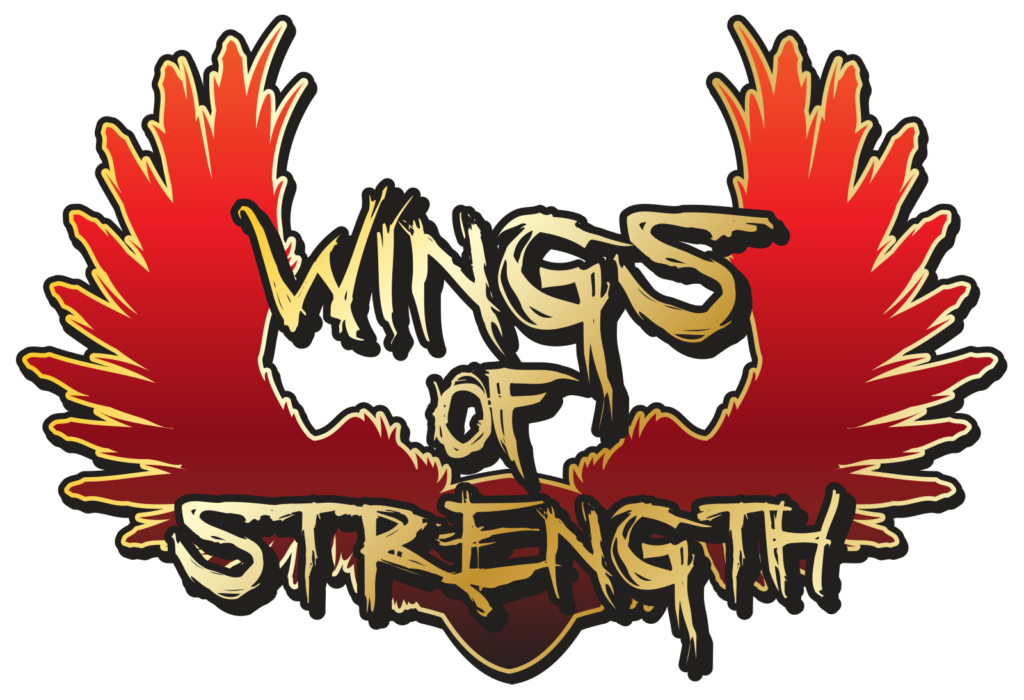By Evina Del Pizzo
 Did you eat away your diet last summer? The good news is, your diet sucked; the bad news is, you’re probably going to gain back all the weight you lost and then some. You probably eliminated a food group or a macronutrient, thinking that you would lose some weight quickly. Likely, you got so stressed out, you ate your feelings. Maybe you set unrealistic expectations for yourself and imagined your body looking a certain way, but then you hated what you had to do to get there and ate your feelings again! Maybe you didn’t get the proper feedback on whether those goals could be met. Blame your work, your kids, your schoolwork, your family, but the bottom line is, none of them held the spoon to your mouth. The word diet holds many meanings. Basically, it’s the total of what you eat, but as we all know well, diet often refers to a restrictive course of food designed for weight loss. My point is that a diet in which you starve yourself of valuable nutrients is a recipe for failure.
Did you eat away your diet last summer? The good news is, your diet sucked; the bad news is, you’re probably going to gain back all the weight you lost and then some. You probably eliminated a food group or a macronutrient, thinking that you would lose some weight quickly. Likely, you got so stressed out, you ate your feelings. Maybe you set unrealistic expectations for yourself and imagined your body looking a certain way, but then you hated what you had to do to get there and ate your feelings again! Maybe you didn’t get the proper feedback on whether those goals could be met. Blame your work, your kids, your schoolwork, your family, but the bottom line is, none of them held the spoon to your mouth. The word diet holds many meanings. Basically, it’s the total of what you eat, but as we all know well, diet often refers to a restrictive course of food designed for weight loss. My point is that a diet in which you starve yourself of valuable nutrients is a recipe for failure.
The Stress Factor
If you’re going on a limited diet, you have to have your head in the right place, both before you start and afterward. Most people wait until the last possible minute to start a diet—say, a few weeks before the date they want to look good—and go on a crash regimen. Maybe they go on a carb-free diet, without working up to it. Eliminating carbs will be a shock to your body, along with the stress of crashing, and it won’t make you feel any better about yourself, especially when you get to that target day and are unhappy with your results. Another scenario is that you are able to get the body you want, but you start indulging in the foods you didn’t allow yourself to have during your three-week diet (or whatever the length). Next thing you know, you’re stuffing your face with garbage and telling yourself that it’s your cheat day or some other excuse. The situation only gets worse after your diet, as your unhealthy one-time choice turns into habitual behavior; that is, your regular diet. Then you start blaming other people, places, and things for the way you eat. Here are a few examples: 1) I don’t have time to cook. 2) My kids take all my time. 3) I don’t have enough money for healthy food. 4) I don’t like to eat (fill in a specific food or time of eating). 5) I have a slow metabolism. Sound familiar? Excuses like these contribute to unnecessary stress that will hinder your ability to change your behavior. All of that can change when you find a realistic solution and not be afraid to get some assistance.
People Fail
Yup, I said it. People fail. I know handful of beautiful women who took the easy way out by having liposuction, which is a popular method of getting rid of fat stores surgically, often in the stomach or thighs. Although not all of the women gained weight right after the procedure, those who failed to follow their doctor’s orders to live a healthy lifestyle are the ones who failed. The same goes for clients of mine who start a training regimen, meet their goal, and go off on their own. A small percentage fail, but they are ones who fall back on their old habits and don’t stick with it. The mind-set gets comfortable being back where it was used to being.
When you start a new regimen, likely you look at it as something that is short lived—a weight-loss diet—rather than one you can keep doing even without a trainer or fancy classes. With that mind-set—based on a temporary fix and not a natural habit—don’t be surprised when you find yourself on the last day of your diet scouring the gas station quick mart for salty and sweet items to fill your macro deficit. Yes, I do that after every competition—judge me—but I have also made it a habit to get back to a nutritionally rich eating style quickly. Just because you fall off the wagon doesn’t mean you need to get dragged for miles.
Have Realistic Goals and Get Help
I can’t stress this enough. Find a reliable friend or touch base with a reliable trainer who is not going to gouge you for his or her opinion. You are more than welcome to write to me and get some feedback ([email protected]). After you have considered your feedback, figure out a plan for reaching your goals in your allotted time. One of my favorite methods is to write out a detailed goal list—daily, weekly, and monthly targets. I will even take progress pictures every two weeks to see where I am. If I am on track, I stick with what I am doing. If I am not progressing, I make alterations in my workouts and nutrition. Another part of having realistic goals is to know what you want. Do you want to gain muscle? Lose weight? Compete in a show? Look good at your wedding or reunion? Feel better? Get back at your ex? (Yes, I’ve heard it all.) Whatever your goals, having that reliable friend or trainer will be invaluable in helping you get there, someone who is unbiased and doesn’t care about your feelings because you will need to hear the truth. That includes the mistakes you’ve made in the past as well as coming up with a reasonable plan to get you to your goals. Your friends will tell you what you to hear and consider your feelings, which will result in your changing nothing.
The solution is to take time to reflect on your current poor eating behavior, not go on a diet. Consider what you eat in conjunction with how you live your everyday life, and line up some sources that can help guide you toward making better choices. It’s not about taking carbs or fats out of your already poor diet but looking at your diet and how it reflects your overall health and then making some changes.
Check out Evina’s blog here at DigitalMuscle.com
A former Hawaiian Tropics bikini model, Evina Del Pizzo is a certified Master Trainer at Gym Life in Granada Hills, California. She holds a degree in social behavior with an emphasis in sports psychology from California State University, Northridge. Del Pizzo is sponsored by Pro Fight Sports and recently won her first NPC overall bikini title.






